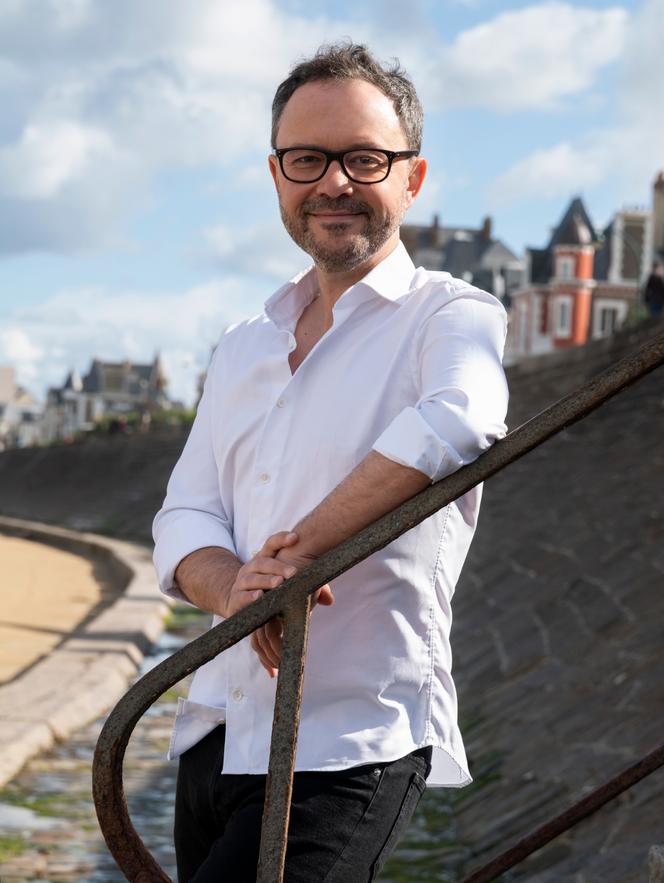


It was the kind of announcement that deserved to be written in all caps and three "i "s: "SURPRIIISE: NEW SERIES!" wrote Riad Sattouf on his Instagram account on September 1. This is how he broke the news to his 315,000 or so followers and the world of the Tuesday, October 8, release of the first volume of Moi, Fadi, le Frère Volé ("I, Fadi, the Stolen Brother"), the sequel or rather counterpoint to The Arab of the Future, his hugely successful autobiographical comic saga. The fourth of its six volumes had revealed the true secret at the heart of its story: While the author's French mother and her three sons were living in France, his Syrian father had kidnapped Fadi, the youngest of the boys, and taken him to Ter Maaleh, his village near Homs. Fadi's mother and brothers only saw him again 20 years later, in 2011, after he came to France when the Syrian civil war began. The series' final book ended with this reunion.
It was followed by lengthy discussions between Riad and Fadi Sattouf that became the raw material Riad drew on for Moi, Fadi, le Frère Volé, in which the youngest child recounts his version of the story, how he was ripped from his mother, discovered Syria, learned Arabic. Moi, Fadi... is, after Le Jeune Acteur, Tome 1 ("The Young Actor, Volume 1"), the second book published by Livres du Futur, the publishing house created by the author. It's also an opportunity to take a look back with him on his work, which received the Grand Prix at the 2023 Angoulême International Comics Festival.
The Centre Pompidou's "Comics, 1964-2024" exhibition (until November 4) features original art from The Arab of the Future in the section on "self-writing." This gives some idea of the important mark Sattouf has left on how we tell our own stories. But he has also distinguished himself in what might be called autobiographies of other people's lives, to use an expression coined by French author Pierre Pachet (1937-2016). After recounting in the first person, in Les Cahiers d'Esther ("Esther's Diary"), the stories of a young girl between her 10th and 18th birthdays, and, in Le Jeune Acteur, those of Vincent Lacoste, he blends this time into his brother's voice and thoughts. "In what Esther and Fadi have told me," he told Le Monde, "there are things that are very different from what I would see or think if I were in their shoes. I don't see how I could tell it in the third person. Esther is much more positive than I am on many issues. Fadi gave me a different perspective on life in Syria from the one I had as a child. Because my commentary on what he experienced wasn't very interesting, it seemed more relevant to write using 'I.'" Not feeling any "misplaced guilt" towards other persons, he instead feels free to relate these stories as he sees fit.
You have 69.32% of this article left to read. The rest is for subscribers only.
